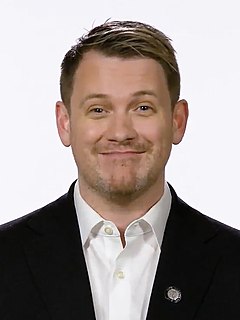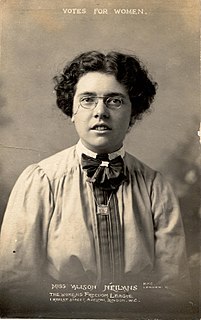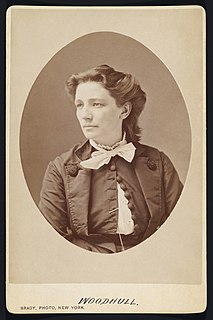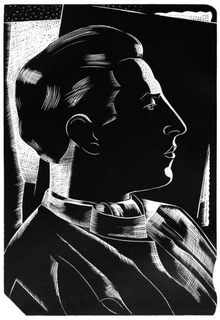A Quote by Guillermo del Toro
I have a very promiscuous relationship with all my objects.
Quote Topics
Related Quotes
Our initial sensory data are always "first derivatives," statements about differences which exist among external objects or statements about changes which occur either in them or in our relationship to them. Objects and circumstances which remain absolutely constant relative to the observer, unchanged either by his own movement or by external events, are in general difficult and perhaps always impossible to perceive. What we perceive easily is difference and change and difference is a relationship.
It is clear that everybody interested in science must be interested in world 3 objects. A physical scientist, to start with, may be interested mainly in world 1 objects--say crystals and X-rays. But very soon he must realize how much depends on our interpretation of the facts, that is, on our theories, and so on world 3 objects. Similarly, a historian of science, or a philosopher interested in science must be largely a student of world 3 objects.
The camera machine cannot evade the objects which are in front of it. When the photographer selects this movement, the light, the objects, he must be true to them. If he includes in his space a strip of grass, it must be felt as the living differentiated thing it is and so recorded. It must take its proper but no less important place as a shape and a texture in relationship to the mountain tree or what not, which are included.







































